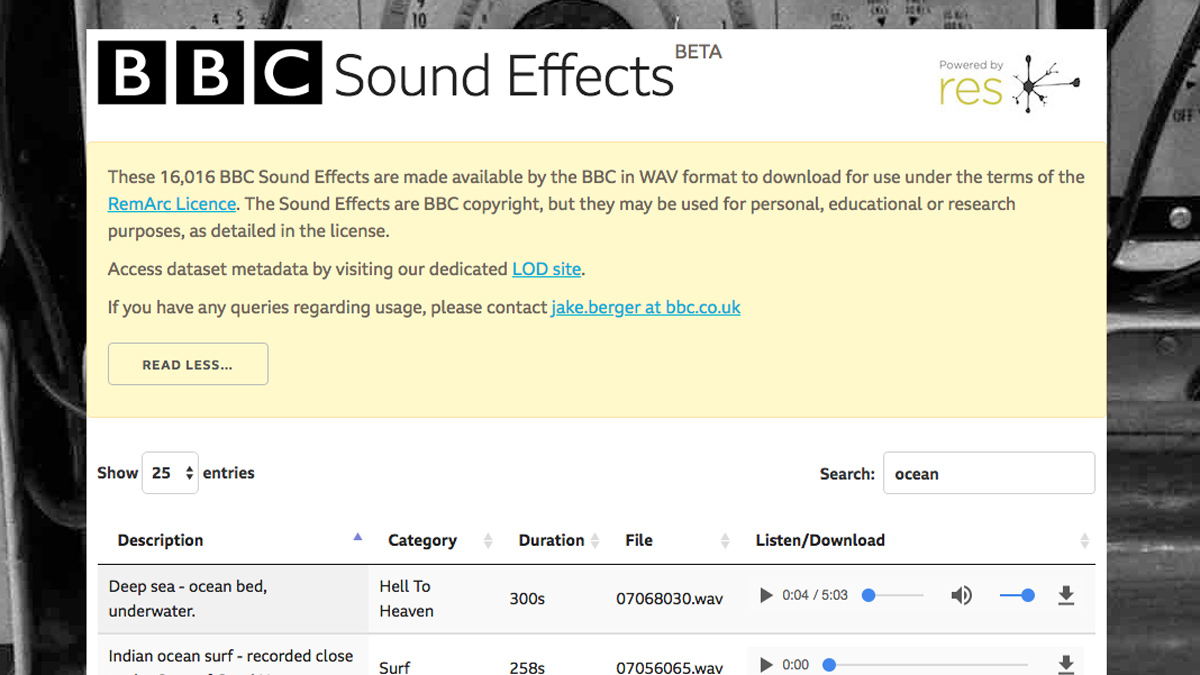Citizen DJ is a treasure trove of free samples from the US Library of Congress
New royalty-free resource is inspired by the golden age of hip-hop
Sampling is undoubtedly an artform, but it can also be problematic. Hip-hop was built on the concept of combining sounds from existing records but, these days, copyright law can make it difficult to source samples that you know are ‘safe’.
So, in a bid to spark a new golden age of hip-hop - and of sampling in general - the US Library of Congress has embarked on a project known as Citizen DJ. This is a vast library of free-to-use audio and video material for music-making.
The Library of Congress is the US’s primary library and contains more than three million sound recordings. It’s also part of the US Copyright Office; this is significant because it means that you can be confident that anything you download from Citizen DJ can be used for free and without restriction. The library is divided into collections of everything from free music to government films, speeches and interviews.
As well as being able to download samples - both individually and in bulk - Citizen DJ also enables you to make music in your browser using its remixing tool, which enables you to combine the sounds with drum machine beats. Anything you create here can be recorded and downloaded, too.
Citizen DJ is the work of Brian Foo, who created it as part of the LIbrary of Congress’s Innovator-in-Residence program and has worked in libraries and museums for almost a decade (he’s also been a b-boy since the age of 15). We’re told that the project will run until September 2020, so we suggest that you head on over to the Citizen DJ website and start downloading now.
Get the MusicRadar Newsletter
Want all the hottest music and gear news, reviews, deals, features and more, direct to your inbox? Sign up here.



I’m the Deputy Editor of MusicRadar, having worked on the site since its launch in 2007. I previously spent eight years working on our sister magazine, Computer Music. I’ve been playing the piano, gigging in bands and failing to finish tracks at home for more than 30 years, 24 of which I’ve also spent writing about music and the ever-changing technology used to make it.
“From a music production perspective, I really like a lot of what Equinox is capable of – it’s a shame it's priced for the post-production market”: iZotope Equinox review
"This is the amp that defined what electric guitar sounds like": Universal Audio releases its UAFX Woodrow '55 pedal as a plugin, putting an "American classic" in your DAW










